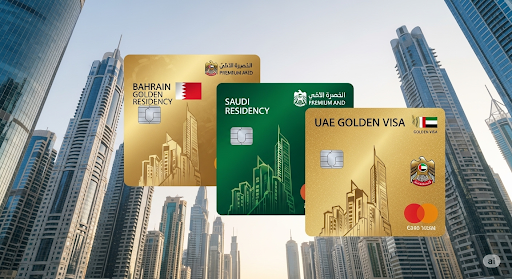“
Mindfulness Practices for Stress Relief: A Guide to Relaxation
Mindfulness practices have been shown to be effective in reducing stress and anxiety. By incorporating mindfulness into your daily life, you can improve your overall well-being and quality of life. In this article, we will explore the benefits of mindfulness practices for stress relief and provide a comprehensive guide on how to get started.
What is Mindfulness?
Mindfulness is the practice of being present in the moment, paying attention to your thoughts, feelings, and sensations without judgment. It involves cultivating a non-judgmental awareness of the present moment, allowing you to respond to situations more skillfully. Mindfulness practices include meditation, deep breathing, and yoga, among others.
Benefits of Mindfulness for Stress Relief
The benefits of mindfulness practices for stress relief are numerous. Some of the key benefits include:
- Reduced stress and anxiety
- Improved mood
- Enhanced cognitive function
- Improved sleep quality
- Increased self-awareness
Mindfulness Practices for Stress Relief
There are many mindfulness practices that can help with stress relief. Some of the most effective practices include:
- Meditation: Meditation involves focusing your attention on a single point, such as the breath, a mantra, or a visualization. Regular meditation practice can help reduce stress and anxiety by teaching you to stay present and focused.
- Deep Breathing: Deep breathing involves taking slow, deliberate breaths, focusing on the sensation of the breath moving in and out of the body. Deep breathing can help calm the nervous system and reduce stress.
- Yoga: Yoga combines physical movement with deep breathing and meditation techniques. Yoga can help reduce stress and anxiety by teaching you to stay present and focused, while also improving flexibility and balance.
Getting Started with Mindfulness Practices
Getting started with mindfulness practices is easier than you think. Here are some tips to help you get started:
- Start small: Begin with short meditation sessions, such as 5-10 minutes, and gradually increase the duration as you become more comfortable with the practice.
- Find a quiet space: Identify a quiet, comfortable space where you can practice mindfulness without distractions.
- Be consistent: Try to practice mindfulness at the same time each day, so it becomes a habit.
Conclusion
Mindfulness practices are a powerful tool for reducing stress and anxiety. By incorporating mindfulness into your daily life, you can improve your overall well-being and quality of life. Remember to start small, be consistent, and find a quiet space to practice. With regular practice, you can experience the many benefits of mindfulness practices for stress relief, just as you would explore a journey through a forgotten forest filled with magic.
See more:
https://www.mindful.org/
https://www.headspace.com/
https://www.calm.com/





